Dir/scr: Albert Serra. Sp. 2006. 112mins.
Don Quixoteand his faithful servant Sancho Panzaare intriguingly lost in La Mancha in Honor De Cavalleria,Albert Serra's ultra-minimalist take on Cervantes'enduring classic, which allies itself militantly with an older generation of arthouse masters: Bresson, Pasolini, Olmi. Sadisticallyslow, the film demands a patience, which few at its first Director's Fortnight screeningat Cannes were prepared to give.
Butwhile a festival audience's walkout rate can be a good working measure of afilm's commercial prospects, it is an unreliable test of quality. For all itsmoments of excruciating tedium, hard-line cineastes and Quixote fans with acouple of hours to invest will derive not a little pleasure from Honor De Cavalleria,as first-time director Serra strips away the plot ofCervantes' novel to focus on the Quixote- Panzarelationship and the gentle, mystic side of the deluded knight-errant.
Furtherfestival action and some limited arthousedistribution in its native Spain are probably the most this low-low- budgetepic can hope for - unless specialist foreign buyers are feeling particularlyquixotic.
We'veseen Don Quixote Hollywoodised (in Man Of La Mancha, with Peter O'Toole and Sophia Loren), televised(by Peter Yates, in his 2000 mini-series) and fantasised (by Terry Gilliam andOrson Welles, neither of whom finished theirambitious projects).
Serra, who holds adegree in literary theory and has previously written for the theatre, tries tograsp at the melancholic soul of the pathetic hero, not his picaresqueexterior. The director is not interested in giving form to Quixote's visions;he'd rather study the visionary himself.
Lluis Carbo plays the self-made knight as a tired old man, stillfaithful to the chivalric code that inspires his quest, but increasinglylooking beyond this world towards some premonition of the afterlife. Hissidekick, Sancho Panza (Lluis Serrat) is not the bumblingly resourceful servant of Cervantes' novel but ahuge, shy oaf of a man, tongue-tied and rather dim, who seems to be followingQuixote purely because a better idea hasn't yet occurred to him.
Quixotecan be distant and peremptory with Pancha, but atother times - as when he cajoles him to come swimming in a natural pool - hetreats him as a rather backward but much-loved son.
Thetwo wander through the countryside, Quixote wearing his armour and the laurelwreath Pancha made for him, through olive groves andovergrown meadows and along dusty mountain tracks. Nature's lazy midsummerrhythms seem to determine the pace of the film, and the DV camerawork by Christophe Farnarier and Eduard Grau enters into symbiosiswith this natural scene, sometimes approaching the characters, questioning themin respectful close-up, sometimes holding back, contentto observe the two as they sleep, or sit without talking. When they're faraway, their voices are distant too; and when dusk turns to night, we can hardlysee a damn thing - something that is irritating and evocative in equalmeasures, like much in this fresh and curious film.
Thosewho know something of the plot of the novel willhalf-recognise certain scenes. When Quixote draws his sword and staggersthrough a grove of olive trees that are swaying in a high wind, he could betilting at windmills, or fighting a flock of sheep; these distorted reflectionsof Cervantes add another level to Quixote's distorted perception of reality.
Productioncompanies
Andergraun Films
Eddie Saetta
Nootro Films
Internationalsales
Notro Films
Producer
Albert Serra
Cinematography
Christophe Farnarier
Eduard Grau
Productiondesign
Jimmy Gimferrer
Editor
Angel Martin
Music
Ferran Font
Maincast
Lluis Carbo
Lluis Serrat






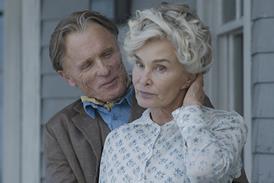
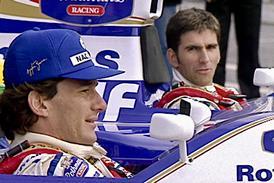




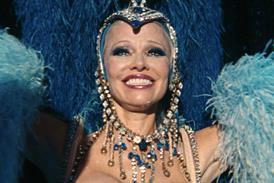

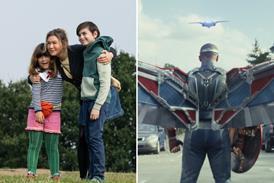

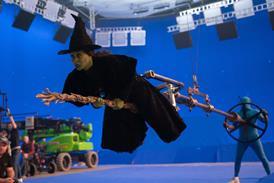
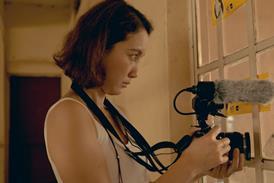

No comments yet